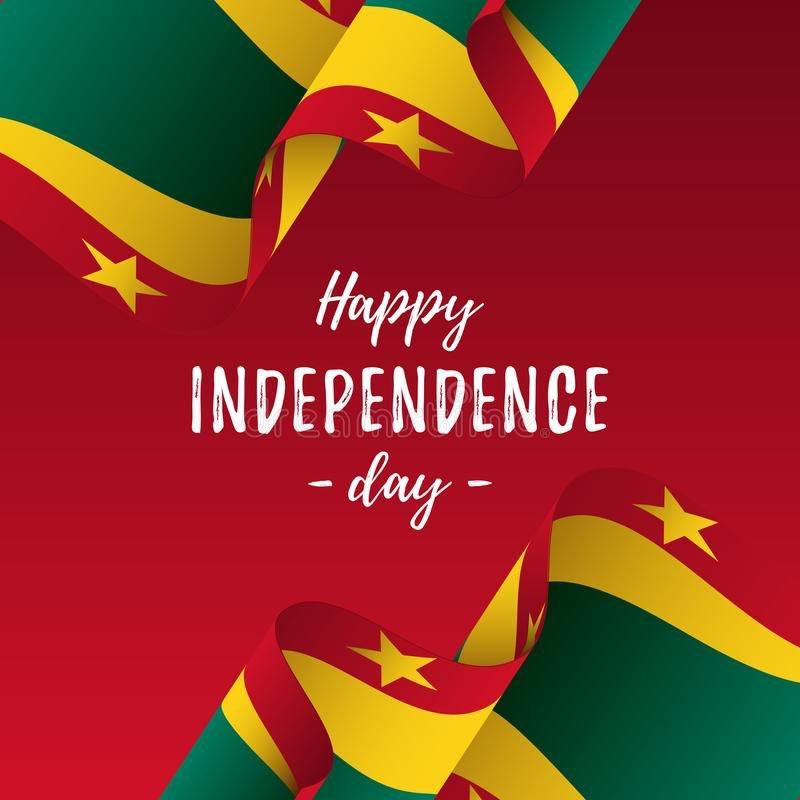
Grenada: Struggles for Independence and Resilient Leadership
Share
Grenada, known as the "Spice Isle" for its production of nutmeg, cloves, and cinnamon, achieved independence from British rule on February 7, 1974. The journey towards independence was marked by significant struggles and the emergence of resilient leaders who fought for self-determination and the advancement of the Grenadian people.

The struggles for independence in Grenada were driven by the desire to overcome colonial oppression, establish self-governance, and address socio-economic inequalities. The efforts were led by leaders such as Eric Gairy and Maurice Bishop, who played influential roles in shaping Grenada's path to independence.
Eric Gairy, the first Prime Minister of Grenada, founded the Grenada United Labour Party (GULP) and led the nation through the early stages of independence. Gairy was a charismatic and populist leader who advocated for the rights of the working class and fought against social injustices. His government focused on agricultural development, education, and infrastructure improvement, laying the foundation for the country's progress.

Maurice Bishop, a charismatic and visionary leader, emerged as a prominent figure during Grenada's struggle for independence. He led the New Jewel Movement (NJM) and played a significant role in the Grenadian Revolution, which sought to create a more equitable society. Bishop's government implemented policies aimed at empowering marginalized communities, promoting education and healthcare, and fostering regional cooperation.

The cultural impact of Grenada is evident in its vibrant festivals and traditions. The annual Grenada Carnival, known as Spice Mas,showcases the rich cultural heritage of Grenada.
The festivities include colorful parades, energetic music, and traditional masquerade characters known as Jab Jabs. The celebration of Grenadian folklore and traditions is a testament to the island's cultural resilience and pride.

Since gaining independence, Grenada has faced various challenges, including political instability and economic fluctuations. The nation experienced a tumultuous period in the 1980s, marked by internal conflicts and a U.S. military intervention. However, Grenada has shown remarkable resilience and has made significant progress in the years that followed.
In recent years, Grenada has focused on sustainable economic development and has experienced growth in sectors such as tourism, agriculture, and renewable energy.
The island's pristine beaches, lush rainforests, and historic landmarks attract visitors from around the world, contributing to the country's economic prosperity. Efforts have also been made to promote eco-tourism and protect the natural beauty of the island.

Resilient leadership and a strong sense of national identity continue to guide Grenada's path towards a prosperous future. The government has prioritized social development, investing in education, healthcare, and infrastructure to improve the quality of life for its citizens.
The promotion of cultural heritage and the preservation of the environment are central to Grenada's sustainable development agenda.
Grenada's journey towards independence and its subsequent development as a nation embody the spirit of determination, resilience, and cultural pride.

The nation's rich history, diverse traditions, and visionary leaders have shaped its identity and continue to inspire its people. With a focus on sustainable growth and social progress, Grenada looks forward to a future filled with opportunities and prosperity for all its citizens.
